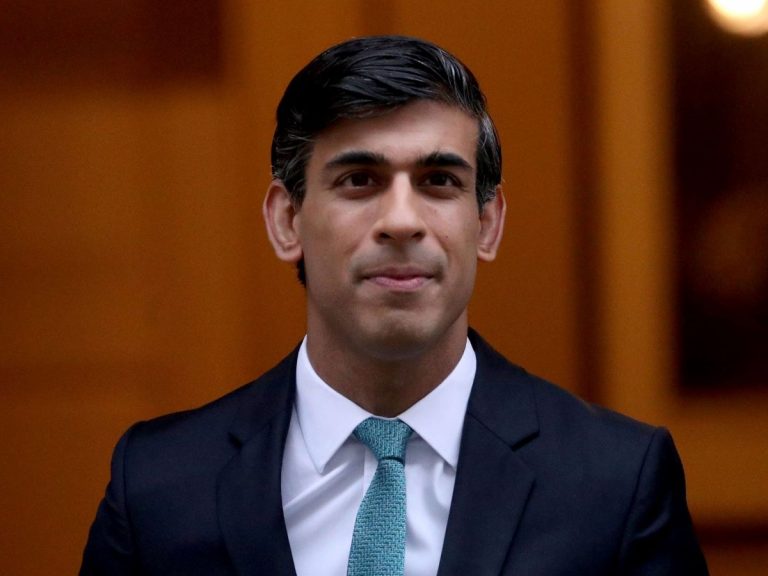Prime Minister Rishi Sunak's failure to confirm the fate of the Birmingham to Manchester leg of the HS2 high-speed train line has sparked mounting anticipation and speculation.

Topics covered
Prime Minister Rishi Sunak’s failure to confirm the fate of the Birmingham to Manchester leg of the HS2 high-speed train line has sparked mounting anticipation and speculation. As pressure mounts for a decision, Sunak remains steadfast in his refusal to be rushed into making a premature announcement.
With reports suggesting that the leg may be axed, Downing Street maintains that no final verdict has been reached. All eyes are now on Sunak’s upcoming conference speech, where many hope for clarity on the matter.
The High-Stakes Decision: Rishi Sunak’s Deliberation on the Future of HS2
Prime Minister Rishi Sunak’s deliberation on the future of the HS2 high-speed train line has reached a critical juncture, with mounting pressure for a decisive announcement. Despite calls for a swift resolution, Sunak remains resolute in his refusal to succumb to external pressures and commit to a premature decision. Emphasizing the importance of making the right long-term choice, Sunak’s cautious approach reflects the high stakes involved in determining the fate of HS2. As speculation grows regarding the potential scrapping of the Birmingham to Manchester leg, Downing Street maintains that no final verdict has been reached. All eyes now turn to Sunak’s eagerly anticipated conference speech on Wednesday, where clarity and direction are eagerly awaited.
Balancing Act: The Debate Surrounding the Birmingham to Manchester Leg of HS2
The debate surrounding the Birmingham to Manchester leg of HS2 has intensified in recent weeks, with conflicting opinions and arguments coming to the fore. On one side, senior Conservatives have urged Prime Minister Rishi Sunak to preserve the leg, highlighting its potential economic benefits and job creation opportunities. They argue that it would help rebalance the UK’s economy by providing improved connectivity and investment outside of London. However, there are also Tory MPs who vehemently oppose HS2, claiming that it is a wasteful expenditure of public funds. They argue that the project has already faced significant delays and cost overruns, making it an unsustainable venture. As Sunak weighs these competing viewpoints, the delicate task of striking a balance between regional development and fiscal responsibility remains at the heart of the decision-making process.
HS2: A Controversial Project with Potential Benefits and Lingering Doubts
HS2, the high-speed train line connecting Birmingham to Manchester, has been a subject of controversy since its inception. Proponents of the project argue that it has the potential to bring significant benefits to the UK, such as reduced journey times, increased capacity on the rail network, and job creation outside of London. They believe that HS2 could help address regional disparities and stimulate economic growth in the North. However, doubts continue to linger. Critics point to the project’s delayed timeline, escalating costs, and concerns about its environmental impact. They question whether HS2 is a wise investment, particularly in light of other pressing priorities such as healthcare and education. As Rishi Sunak deliberates on the future of HS2, he must carefully weigh these competing arguments to make an informed decision that aligns with the long-term interests of the country.




